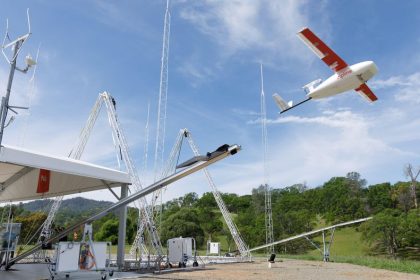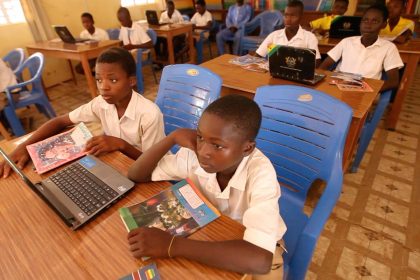You wouldn’t know it, but Ghanaians have been playing video games for a while now. Whether it was rescuing Princess Peach from Bowser on the Super Nintendo console or controlling a blue hedgehog called Sonic to defeat his nemesis Robotnik on Sega consoles, Ghanaians have been fans of video games like gamers on every continent.
Presently, FIFA soccer is predominately the biggest video game in Ghana. It’s not surprising since Ghana is largely considered a football country.
Gaming tournaments heavily feature the FIFA franchise which tends to gather crowds of onlookers and fans. But other gaming titles are slowly catching on with the likes of fighting games like Mortal Kombat and shooters like Call Of Duty and Apex Legends.
To help with the growth of the video game spaces, organizations like Gamer TV, Madagastar Esports, AnTrix Gaming, and GasBros Gaming Network are helping to push esports and gaming culture in Ghana.
The Ghana E-Sports Association is also making headways in making E-Sports competitions more mainstream in Ghana.
Even though it’s growing, there are still barriers that prevent video gaming from becoming even bigger in the country.
Is The Cost Of Data Stalling Online Competitive Play?
In Ghana, data costs for online gaming play can be a deal-breaker for most. Currently, internet service providers like Vodafone and MTN offer fiber internet which might be out of reach for the average consumer if they want to compete with their online counterparts.
The average price for PS5 and Xbox Series X currently costs between 6,500 GHC and 8,000 GHC which is about 2x the average prices in markets like the US and UK ($500 and £450 respectively)
For 6 GB, gamers would have to pay about 30 GHC to get online on MTN fibre while on Vodafone, it’s about 5GB for 20GHC. Most households would probably share the internet so the amount of data just for online gaming wouldn’t be sufficient.
Interestingly, account to WhistleOut, the data usage per hour for some of the most popular online game titles doesn’t exceed 100 MB. The higest usage per hour is 300 MB.
| Title | Data Per Hour |
|---|---|
| Fortnite data usage | 100MB |
| Minecraft data usage | 40MB |
| Overwatch data usage | 135MB |
| PlayerUnknown’s Battlegrounds (PUBG) data usage | 40MB |
| Dota 2 data usage | 120MB |
| League of Legends data usage | 45MB |
| Team Fortress 2 data usage | 80MB |
| Call of Duty: World War II (COD) data usage | 40MB |
| Call of Duty: Black Ops 4 (COD) data usage | 80MB |
| Call of Duty: Warzone (COD) data usage | 160MB |
| Battlefield V data usage | 100MB |
| Destiny 2 data usage | 300MB |
| Grand Theft Auto V Online (GTA) data usage | 60MB |
| Rocket League data usage | 40MB |
That might not seem like much, but even getting their hands on a gaming PC or console is out of reach for most.
High Cost Of Consoles And PCs
Currently, the local population is priced out for next-gen consoles and high-end PCs for gaming. The average price for PS5 and Xbox Series X currently costs between 6,500 GHC and 8,000 GHC which is about 2x the average prices in markets like the US and UK ($500 and £450 respectively).
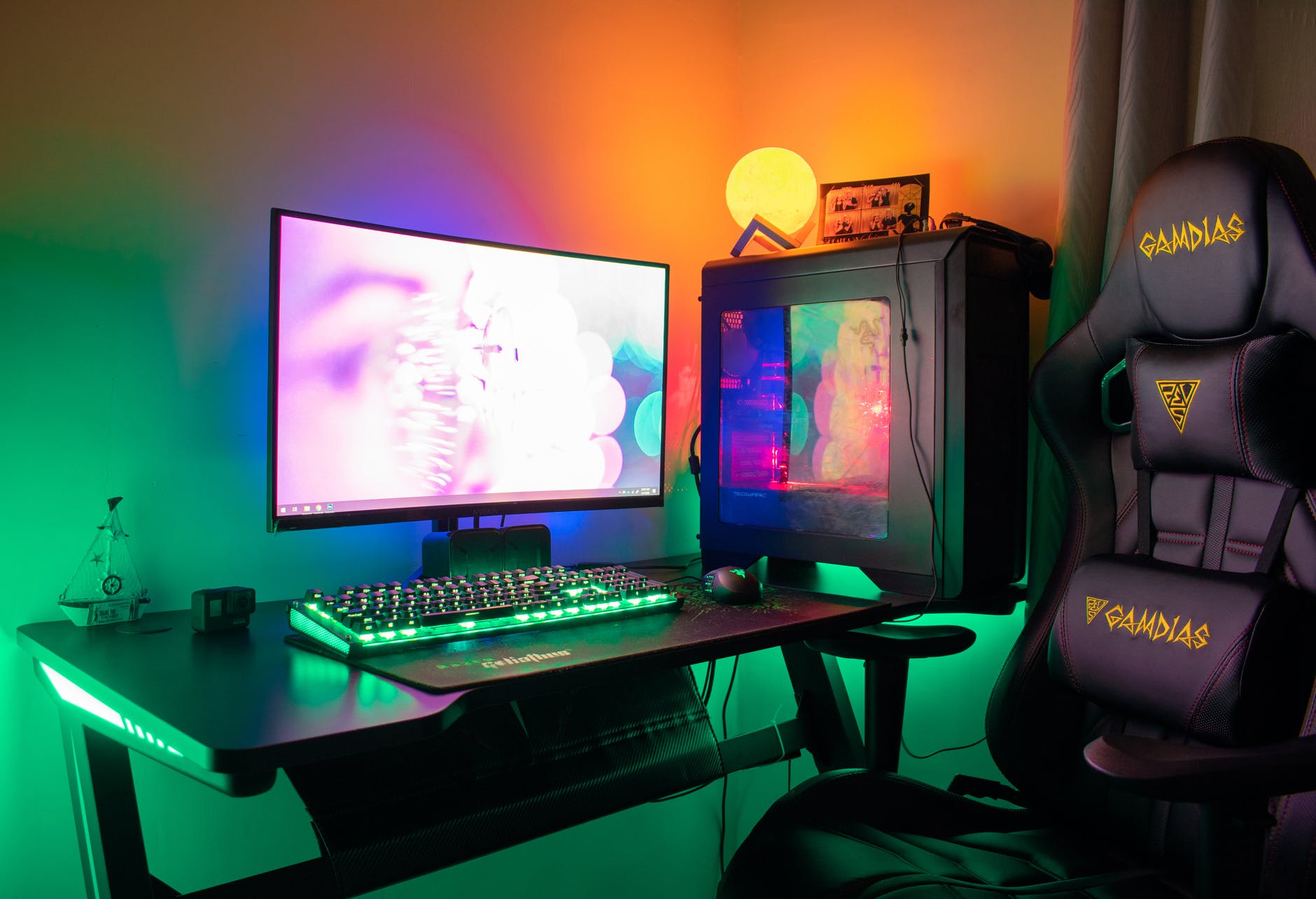
When it comes to Gaming PCs, prices tend to start from 4000 GHC and upwards.
Middle-income homes are likely not to be able to afford it. The current middle income of earners in Ghana is about $8.44 (~$253 per month).
Gaming Centers Are Doing Their Part But More Investment Is Needed
A gaming center is a location where video gamers can get access to gaming consoles and PCs and play popular titles at an hourly rate.
Gaming centres in Ghana aren’t as widely advertised but they do exist. The most popular and more advertised is Arena 233 located in Accra.
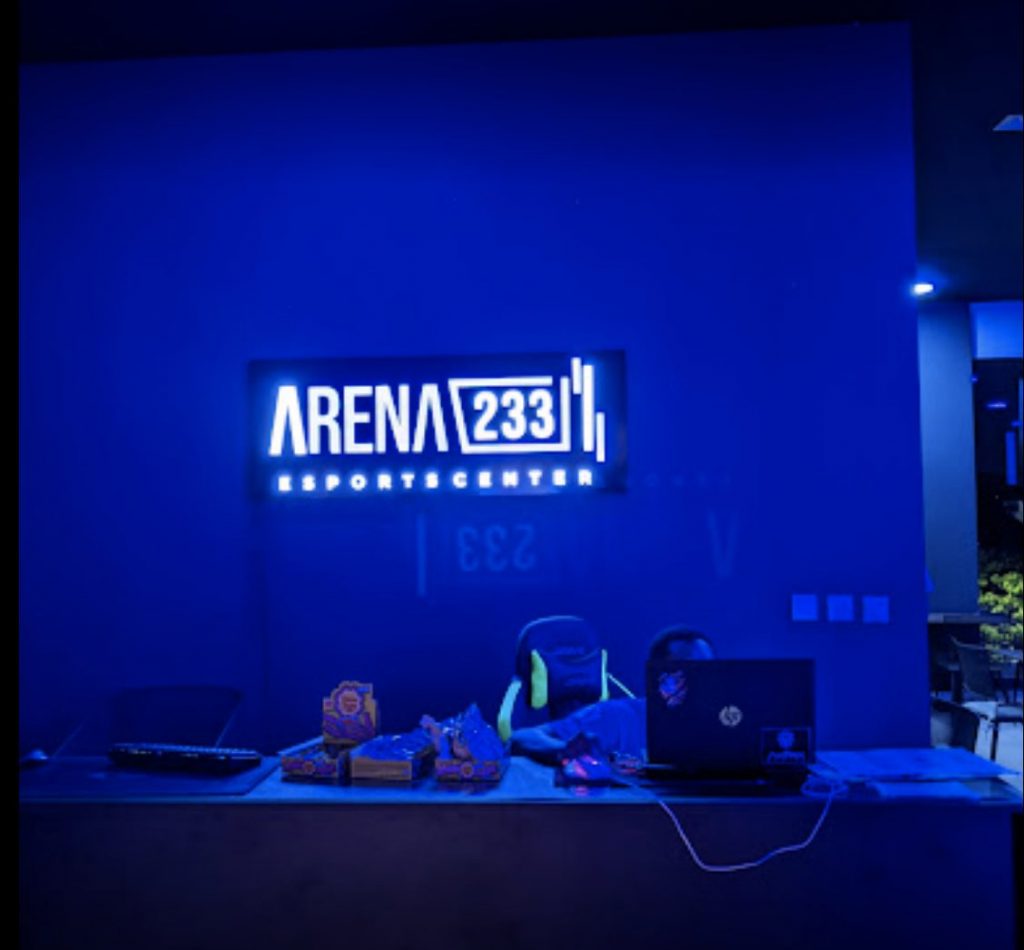
The facility features High-End PCs, gaming chairs, and accessories. Although there are next-gen consoles including PS5s, the facility focuses more on gaming PCs with high-end internet for online play.
There are small gaming spaces in Accra with consoles like PS4 and Xboxes ready for kids in the community to partake.
But if the gaming culture needs to grow, there needs to be external help to make things possible.
In 2019, a couple of years ago, we covered a gaming conference that was sponsored by MTN at the Accra Digital Centre. The conference brought local gaming companies like Leti Arts and other stakeholders to discuss the business of gaming and the opportunities of e-sports.
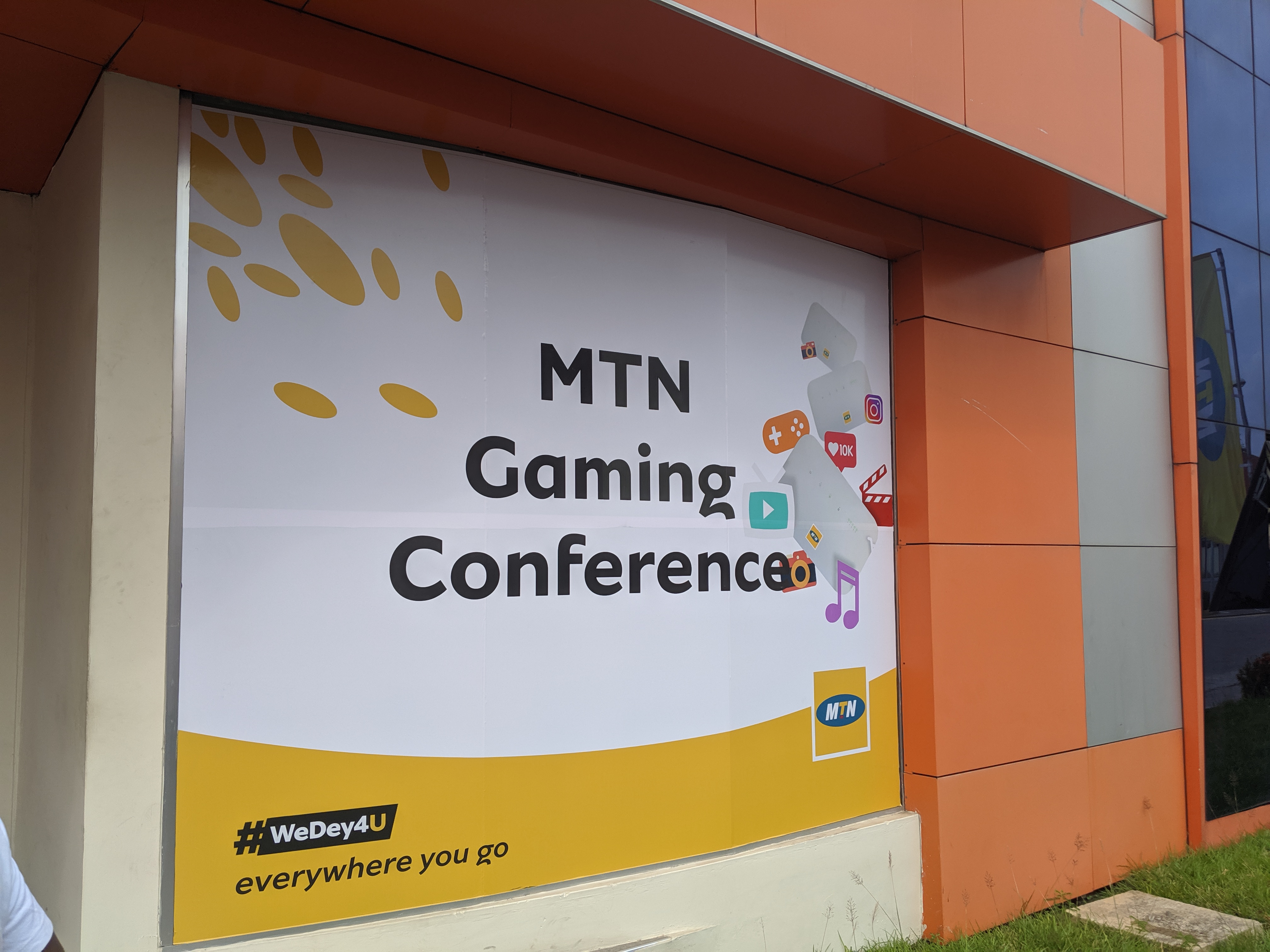
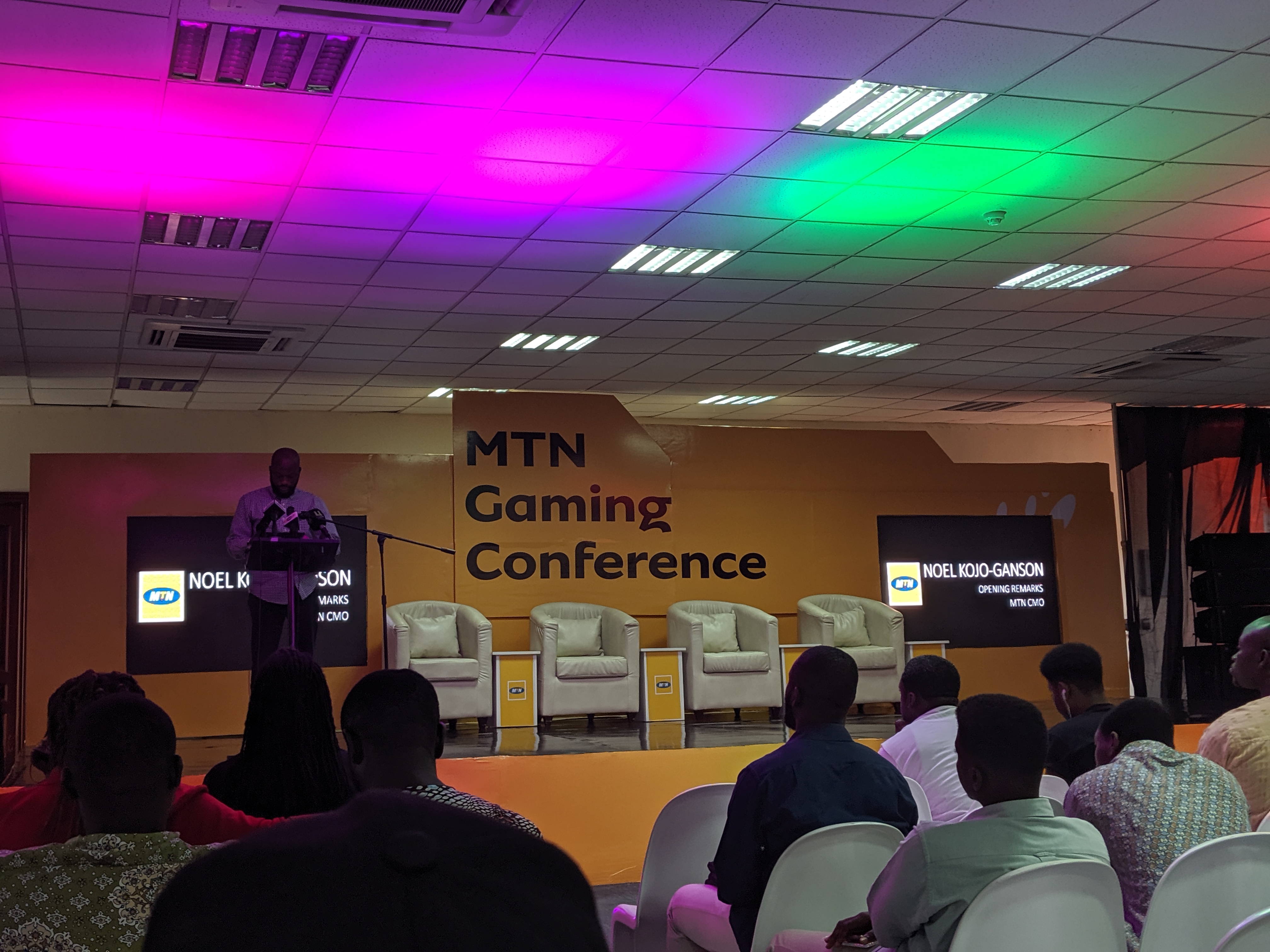
It was a good start but there obviously, more things needs to be done to grow the gaming culture in Ghana.
There needs to be more conferences showcasing how gaming can be more than a hobby. It was estimated that the revenue value of the esports market would reach $1.1 billion in 2019.
If Ghana needs to get a percentage of that revenue, there needs to be more sponsored e-sports events and fewer barriers to entry (i.e subsided costing for PCs and Consoles and low data prices for online gaming)
We’ll see if all that comes to fruition.







